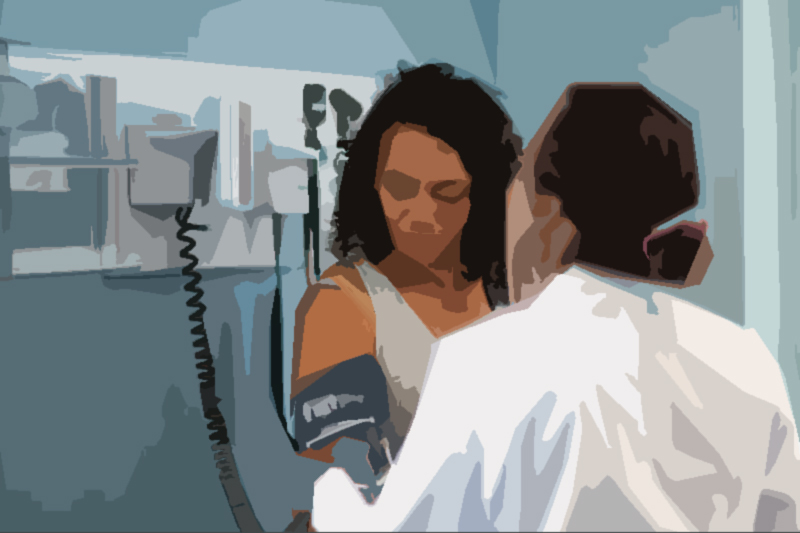[breadcrumb]
Opioid Use Disorder (OUD) is a chronic and challenging condition characterized by the compulsive use of opioids despite negative consequences. Medications have emerged as a crucial component of comprehensive OUD treatment programs. In this article, we explore the categories, benefits, and considerations of OUD medications.
Categories of OUD Medications
1. Methadone:
Methadone is a long-acting opioid agonist that helps reduce cravings and withdrawal symptoms. It is dispensed in specialized clinics and is effective in preventing relapse when taken as prescribed.
2. Buprenorphine:
Buprenorphine is a partial opioid agonist that can be prescribed by qualified healthcare providers in various settings. It helps reduce cravings and withdrawal symptoms while having a lower risk of overdose compared to full agonists.
3. Naltrexone:
Naltrexone is an opioid antagonist that blocks the effects of opioids. It is available in extended-release formulations (Vivitrol) and as a daily oral medication. Naltrexone can be a valuable option for individuals committed to abstinence.
Benefits and Considerations
OUD medications offer several benefits:
- Reduction in Cravings: These medications help reduce the intense cravings that often lead to relapse.
- Withdrawal Symptom Relief: Medications alleviate the discomfort of opioid withdrawal, making it easier for individuals to focus on their recovery.
- Lower Risk of Overdose: Buprenorphine and methadone, when taken as prescribed, reduce the risk of overdose compared to using illicit opioids.
- Improved Treatment Engagement: Medications can enhance an individual’s ability to participate in counseling and psychosocial support, which are essential components of OUD treatment.
However, there are important considerations:
- Individualized Treatment: The choice of medication should be based on an individual’s specific needs, medical history, and treatment goals.
- Comprehensive Care: Medication-assisted treatment (MAT) is most effective when combined with counseling and behavioral therapies.
- Possible Side Effects: Medications may have side effects, which should be discussed with a healthcare provider. These effects are often manageable and outweighed by the benefits of treatment.
Effective OUD treatment often involves a combination of medications and psychosocial interventions, providing individuals with a path to recovery, improved health, and a reduced risk of opioid-related harm.
How Does Naloxone Work on the Brain: Exploring Life-Saving Mechanisms
Naloxone, a powerful opioid antagonist, plays a critical role in saving lives during opioid overdoses.…
How Long Does Naloxone Stay in the System? Discover the Duration.
Naloxone is a life-saving medication used in emergencies to reverse opioid overdoses. Understanding its duration…
How to Use Naloxone Nasal Spray – A Life-Saving Guide for Opioid Overdose
Naloxone nasal spray is a crucial tool in combating opioid overdoses, and knowing how to…
Is Naloxone an Opioid? Unraveling the Life-Saving Antidote
Naloxone, the opioid overdose reversal agent, has garnered immense attention for its crucial role in…
What is Naloxone Nasal Spray Used For? Discover How It Saves Lives
Naloxone nasal spray is a life-saving medication used in opioid overdose emergencies. In this article,…
Does Naloxone Expire? Find Out How Long Naloxone Stays Effective
If you’ve ever wondered about the shelf life of naloxone, a crucial medication used to…
How to Prove You’re Allergic to Naloxone and Ensure Your Safety
Are you concerned about potential allergic reactions to naloxone? Being aware of any allergies you…
What Is the Most Common Adverse Effect of Naloxone: Unveiling the Side Effects
Welcome to this eye-opening exploration of naloxone’s most common adverse effect. Naloxone, a life-saving medication…
Is Naloxone an Antagonist? Unraveling the Life-Saving Drug
Naloxone, an unsung hero in the fight against opioid-related deaths, has garnered increasing attention for…
Can You Overdose on Naloxone? Exploring the Possibilities
Naloxone, a life-saving medication, is widely known for its role in reversing opioid overdoses. But…
Does Naloxone Always Work? Exploring the Lifesaving Potential
Naloxone, a powerful opioid overdose reversal medication, has been hailed as a lifesaving tool in…
How Long Does Naloxone Block Alcohol? Discover the Duration of Naloxone’s Effects.
Naloxone is a crucial medication known for its life-saving effects in opioid overdose situations. However,…
Why Is Naloxone Given with Buprenorphine? Discover Life-Saving Opioid Treatment
If you or someone you know is battling opioid addiction, understanding the combination of naloxone…
Can Naloxone be Given Intradermally? Discover the Intriguing Possibilities
Naloxone, the life-saving opioid overdose reversal medication, has been primarily administered through intravenous and intramuscular…
Does Belbuca Have Naloxone? Unraveling the Facts
Are you curious about the opioid medication Belbuca and whether it contains naloxone? If so,…
Does Sublocade Contain Naloxone? Discover the Facts Now!
In the world of opioid addiction treatment, Sublocade has gained significant attention. But what about…
How Long Does Naloxone Block Opiates? Find Out Now!
Naloxone is a life-saving medication that plays a critical role in reversing the effects of…
How Should Naloxone Be Stored: Essential Tips for Proper Storage
Ensuring the proper storage of naloxone is crucial for maintaining its life-saving properties and effectiveness…
Is Naloxone Bad for Your Liver? Discover the Liver Impact!
In recent years, naloxone has gained significant attention as a life-saving medication used to reverse…
Where Can I Get Naloxone for Free? Find Lifesaving Help Now!
If you or someone you know is at risk of opioid overdose, having access to…



















